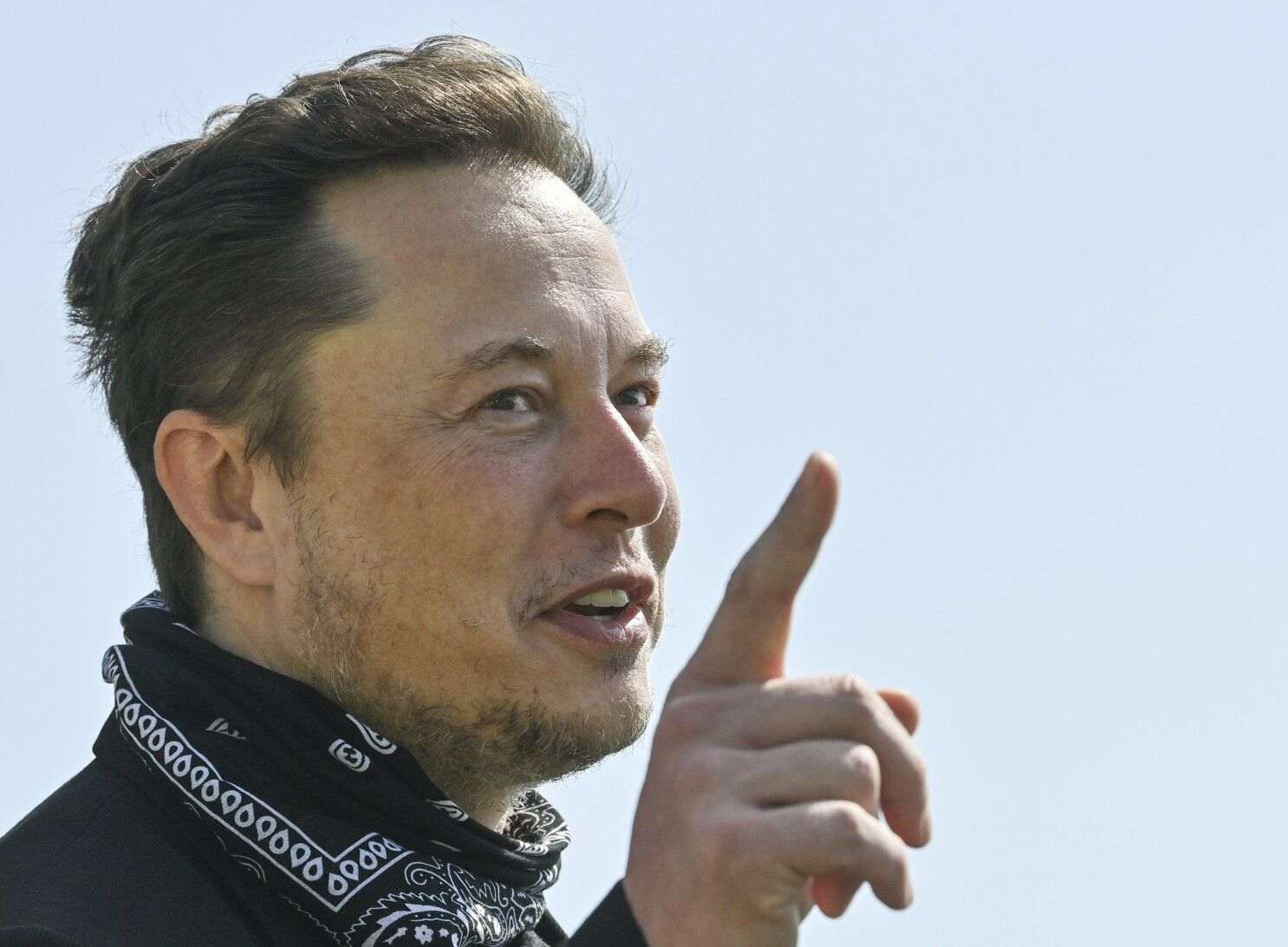Even if Elon Musk had not given an unprecedented Twitter vow over the weekend, he may have been forced to sell a significant percentage of his Tesla stock at some point in the near future. Musk surveyed Twitter followers on Saturday on whether he should sell a ten percent interest in his firm. The results were published on Sunday. According to the results, the survey was conducted in reaction to a Democratic proposal to tax millionaires’ unrealized capital gains.
“There has been a lot of talk recently about unrealized gains being a tool of tax evasion, therefore I suggest selling 10% of my Tesla shares,” he said on Twitter.
In his statement, Musk said that he was addressing the issue because as Tesla’s CEO, he does not get a cash income and so does not have any means of paying a significant tax bill without selling part of his Tesla stock, which accounts for the overwhelming bulk of his wealth.
Musk responded with a tweet, saying that he would “abide by the results of this vote, whatever way they turn out.” During the first hour of trade on Monday, Tesla’s stock price dropped by more than 5%.
After approximately 3.5 million votes were submitted, he ended the poll on Sunday, with 58 percent of those who voted in favour of selling his house. Musk has not said what he intends to do, although he did tweet after the vote ended, saying, “I was prepared to accept any decision.”
In any case, Musk may have found himself in a position where he needed to sell a significant portion of his stock. He now possesses roughly 23 million stock options, which were granted to him in 2012. That set of options has subsequently become fully exercisable and will expire in August 2022. Most stock awards enable CEOs to defer paying taxes for years, and in some cases, indefinitely, as long as they do not sell the shares they get as a result of converting the option into stock.
Although Musk’s grant was large in scope and constructed in a complex manner, executive pay analyst Brian Foley believes that the majority of Musk’s 2012 options will not qualify for the favourable tax treatment because of the magnitude of his grant and the way it was structured. That implies that if Musk decides to exercise the grant, which at present prices would be worth just under $30 billion, he would be subject to income tax. It is possible that Musk’s tax payment will be in excess of $10 billion, depending on what proportion of the options do not qualify for favourable treatment.
Musk’s stock options, according to Foley, “are a ticking time bomb for tax purposes.” “To be honest with you, I can’t think of any way for him to avoid paying the tax right now.”
Furthermore, it is possible that Musk will have to sell even more shares than is necessary to settle his tax debt. He owns 17 percent of Tesla’s equity, which is now valued at around $200 billion at the current stock market price. That implies that his weekend tweets represent a commitment to sell around $20 billion worth of Tesla stock.
The possibility of a sale might destabilise Tesla’s shares at a time when many experts believe the company’s stock is already expensive. The company’s market capitalization just surpassed $1 trillion, making it one of only five publicly listed firms in the United States with a market capitalization of that size.
Although it may be difficult for Musk to backtrack on his Twitter promise, James Cox, a professor at Duke University Law School and a specialist in securities law, believes it is possible.
According to Cox, “it’s a no-win scenario.” This may be seen as a deception under securities law if another shareholder sold their shares in response to Musk’s tweet, according to the Wall Street Journal.
However, Cox said that it would be difficult to win a case since CEOs are permitted to make comments and then alter their thoughts, as long as they meant what they said at the time of the remark.
It would not be the first time that Musk has found himself in hot water as a result of his tweets. After being sued by the Securities and Exchange Commission (SEC) for tweeting about a prospective Tesla sale that never occurred, he and Tesla reached a settlement with the SEC in late 2018 without admitting wrongdoing. Musk was also sued for defamation in 2018 when he referred to a diver who had assisted in the rescue of children trapped in a cave in Thailand as a “pedo person” on Twitter, according to the lawsuit. Musk was successful in his lawsuit.
According to Daniel Ives, a stock analyst at Wedbush Securities who follows Tesla, Musk’s latest Twitter pledge is “bizarre.” However, he believes that given the company’s prospects and investor enthusiasm for the company, the stock, which has risen more than 60 percent this year, will continue to rise, even if Musk sells a portion of his holdings.

